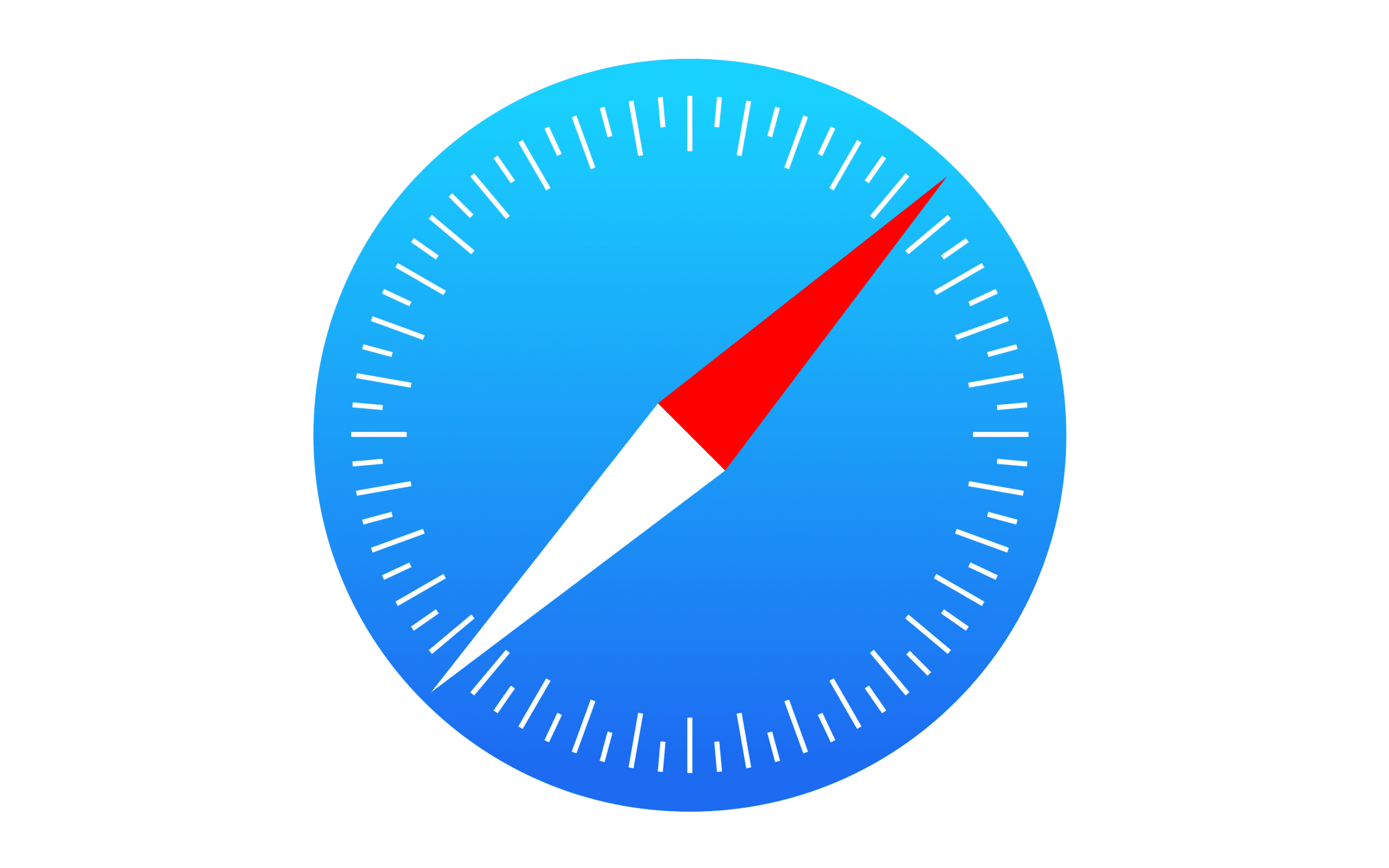What is Safari Used for and How Does it Work?
Safari is a widely recognized web browser developed by Apple Inc. It comes pre-installed on Apple devices, such as iPhones, iPads, and Mac computers, making it a popular choice among Apple users. Safari is renowned for its speed, efficiency, and user-friendly interface, making it a go-to option for browsing the web. But what exactly is Safari used for, and how does it work?
Safari is primarily used for:
-
Web Browsing: Safari serves as a portal to the vast world of the internet, allowing users to access websites, view content, and interact with online services.
-
Online Shopping: Users can comfortably shop online using Safari, thanks to its secure and seamless browsing experience.
-
Media Streaming: Safari supports multimedia content, making it an ideal choice for streaming videos, music, and other media.
-
Productivity: With its integration into the Apple ecosystem, Safari facilitates seamless transitions between devices, enabling users to work on tasks across different platforms.
-
Privacy: Apple has put a strong emphasis on user privacy, and Safari incorporates various features like Intelligent Tracking Prevention (ITP) to protect user data.
Now, let’s delve into why you might need a proxy for Safari.
Why Do You Need a Proxy for Safari?
Proxy servers play a crucial role in enhancing your Safari browsing experience. They act as intermediaries between your device and the websites you visit, offering several benefits:
-
Access to Geo-Restricted Content: Some websites and online services are region-specific and may not be accessible from certain locations. By using a proxy server, you can bypass geo-restrictions and access content from anywhere in the world.
-
Enhanced Privacy: Proxies add a layer of anonymity to your online activities. They hide your IP address, making it difficult for websites and advertisers to track your online behavior.
-
Improved Security: Proxy servers can act as a barrier between your device and potentially harmful websites. They can filter out malicious content, providing an additional layer of security.
-
Load Balancing: Proxies can distribute web requests across multiple servers, optimizing performance and reducing server load. This can lead to faster page loading times in Safari.
Advantages of Using a Proxy with Safari
When using proxy servers with Safari, you can enjoy a multitude of advantages:
-
Geo-Spoofing: Change your virtual location to access region-specific content or services.
-
Enhanced Privacy: Conceal your IP address and protect your online identity.
-
Improved Security: Protect your device from potentially harmful websites and malware.
-
Faster Browsing: Optimize web page loading times by using proxies with caching capabilities.
-
Content Filtering: Customize your browsing experience by filtering out unwanted content.
Now, let’s explore the potential downsides of using free proxies with Safari.
What are the Сons of Using Free Proxies for Safari?
While free proxies may seem appealing, they come with certain drawbacks:
| Cons of Free Proxies |
|---|
| Limited Speed and Bandwidth |
| Security Concerns |
| Unreliable Performance |
| Potential for Data Collection |
| Limited Locations and Servers |
| Advertisements and Pop-ups |
| Lack of Customer Support and Reliability |
It’s essential to weigh these cons against the advantages and consider your specific needs when choosing a proxy service for Safari.
What Are the Best Proxies for Safari?
Selecting the best proxies for Safari requires careful consideration of your requirements. Premium proxy providers offer a range of options tailored to different needs:
| Proxy Type | Use Cases | Benefits |
|---|---|---|
| Residential Proxies | General web browsing, data scraping | Real IP addresses, low risk |
| Data Center Proxies | Speed, anonymity, web scraping | High speed, multiple locations |
| Mobile Proxies | Mobile app testing, location-based services | Mobile IP addresses, accuracy |
| Rotating Proxies | Web scraping, avoiding IP bans | IP rotation, high success rate |
Consider the specific tasks you need proxies for and choose accordingly.
How to Configure a Proxy Server for Safari?
Configuring a proxy server for Safari is a straightforward process:
-
On macOS:
- Open Safari.
- Go to “Safari” > “Preferences.”
- Click on the “Advanced” tab.
- Select “Change Settings” next to “Proxies.”
- Configure the proxy settings as per your provider’s instructions.
-
On iOS (iPhone/iPad):
- Open the “Settings” app.
- Scroll down and tap on “Safari.”
- Under the “Privacy & Security” section, tap “Proxy.”
- Enter the proxy server details provided by your proxy service.
-
On Windows:
- Open Safari.
- Click on “Settings” (gear icon) in the top-right corner.
- Choose “Preferences.”
- Click on the “Advanced” tab.
- Select “Change Settings” next to “Proxies.”
- Configure the proxy settings as instructed.
By following these steps and entering the proxy server details, you can seamlessly integrate proxies with Safari, unlocking their numerous benefits for your online activities.
In conclusion, Safari is a versatile web browser, and using proxy servers with it can enhance your online experience in various ways. Whether it’s accessing geo-restricted content, safeguarding your privacy, or improving security, proxies can be valuable tools for Safari users. Just be sure to choose the right proxy service that aligns with your specific needs and configure it correctly for optimal results.













